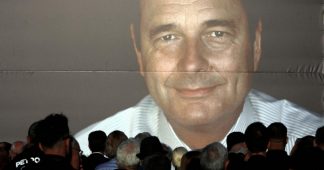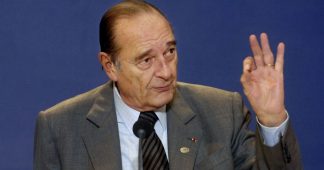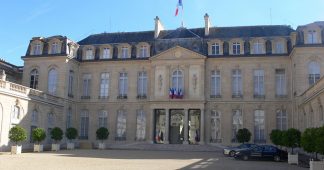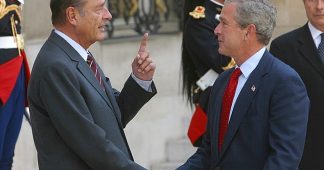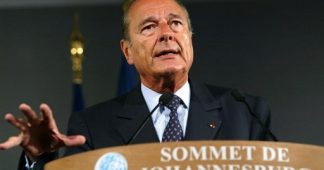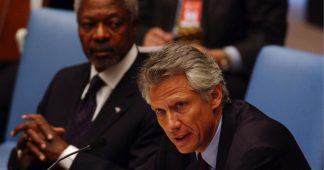By David Gosset
2019-09-27
It is with deep emotion that France, but also the world, remembers the former French president Jacques Chirac (1932-2019) who marked his time with a rare combination of energy and vision.
In the field of domestic French politics, he tried, during his presidency (1995-2007), to deal with the issue of “la fracture sociale” or the great social divide. Chirac was rightly concerned with the serious and continuing problem of economic and social inequalities.
At the global level, the man who had also been for many years the mayor of Paris asked the international community to pay attention to sustainability and to the protection of diversity.
In 2002, at the World Summit on Sustainable Development in Johannesburg, he warned the world about the impact of climate change. We all remember his famous speech in which he said: “Our house is burning down and we are blind to it.”
Chirac also put his energy at the service of the dialogue between cultures.
The Quai Branly Museum whose main themes are the arts of Africa but also the dialogue between cultures is inseparable from the intellectual interests of the former president. It is in the middle of the rich collections of the Quai Branly Museum that one can approach the complex soul of Chirac.
More than other Western political leaders, Chirac understood the importance of Asia. He appreciated Japan. And his knowledge of Chinese culture and history was deep and sincere.
For those across the world trying to fight a dangerously increasing Sinophobia, Chirac, the patient reader of Du Fu (712-770) or the erudite connoisseur of Chinese bronze, remains a reference and a source of inspiration.
When in 2011, I asked him for a message of support for the Europe-China Forum, he generously offered his help without hesitation to highlight the significance of the dialogue between China and Europe as two ancient and living civilizations.
It was with Chirac’s backing that Dominique de Villepin made his 2003 historic speech at the United Nations against US military intervention in Iraq.
Aware of the multipolar reality of the world, Chirac understood the danger of all forms of unilateralism.
In the French context, Chirac’s predecessor, Francois Mitterrand (1916-1996) was spontaneously associated with a passion for words and literature.
By contrast, Chirac seemed less reflective and less concerned by the subtle nuances of human psychology.
However, as time goes by, not only the French people but the citizens of the world understood that Chirac’s political actions were guided by a profound humanism.
In his fight for human dignity, for cultural and ecological diversity, Chirac was not only an outstanding ambassador of the French spirit but also a symbol of mankind in a constant quest for progress.
The words he pronounced 17 years ago in Johannesburg demonstrate the relevance of his reflection: “Let us make sure that the 21st century does not become, for future generations, the century of humanity’s crime against life itself”.
The author is the founder of the Europe-China Forum (2002).
Published at http://www.chinadaily.com.cn/a/201909/27/WS5d8da1ada310cf3e3556ddd0.html
